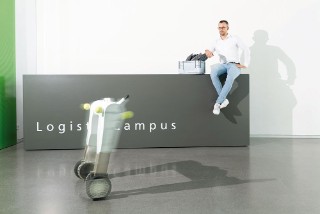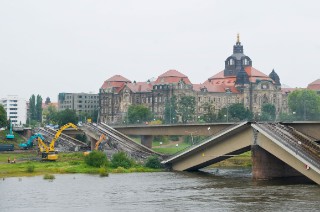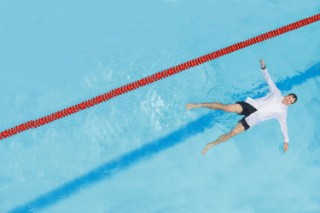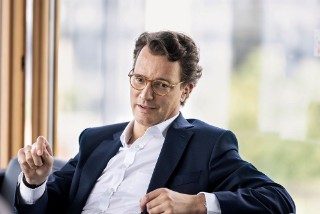
Fungal mycelium as a construction material, ecofriendly concrete and smart recycling solutions pave the way for climate neutrality.
more info
Fungal mycelium as a construction material, ecofriendly concrete and smart recycling solutions pave the way for climate neutrality.
more info
The weapons available for fighting dangerous bacteria are losing their edge, and life-threatening infections are increasingly resistant to treatment. There are hardly any substitutes available so far, making it high time someone took action.
more info
Fraunhofer-Forschende entwickeln Quantensysteme für verschiedene Anwendungen und Branchen, um damit Antworten auf die großen Herausforderungen unserer Zeit zu finden – ob Klima, Gesundheit, Verkehr oder Sicherheit.
more info
The next stage in the evolution of technology is coming up: Artificial intelligence is poised to turn robots into all-around self-learners, helping out in industry, logistics, nursing, and private households. Will smart machines radically reshape our lives – and especially our working lives – not long from now?
more info
Start of demolition work on the Carola Bridge in Dresden city center two days after its collapse in the night from September 10 to 11, 2024.
The collapse of the Carola Bridge in Dresden has demonstrated how important it is to identify infrastructure weaknesses at an early stage. Indeed, roads and bridges, railways and power lines in Germany are showing their age, and some of them have significant structural defects. According to the latest condition survey from 2022, commissioned by the German Federal Ministry for Digital and Transport (BMDV), 7,112 kilometers of highway, 8,000 highway bridges and 17,630 kilometers of rail are classified as in need of repair. Innovative Fraunhofer solutions can help simplify, expedite, and cut costs of maintenance, analysis and servicing work − an overview.
more info
During this year of back-to-back elections, reality is catching up with the warnings experts have been making for years: deepfakes and disinformation have been supercharged by artificial intelligence. With fakes now so convincing, more and more people are asking themselves: Can I believe my eyes and ears?
more info
Sometimes there’s too much, sometimes too little: Water, the most important factor in our survival, doesn’t make it easy for us. How can we ensure an adequate water supply even amid climate challenges?
more info
Wie heben wir die Wasserstoff-Wirtschaft auf ein neues Level? Für Dr.-Ing. Ulrike Beyer, Leiterin der Referenzfabrik.H2 am Fraunhofer IWU, ist das ein Herzensthema.
Climate change is proceeding faster than expected, the energy transition more slowly than had been hoped. Referenzfabrik.H2 aims to accelerate the production of hydrogen systems and open up new business fields for industries such as the automotive sector, in a push Fraunhofer is calling “Fit4H2.”
more info
Rehabilitating the prime suspect responsible for climate change: More and more technological innovations aim to harness CO2 as a sustainable source of carbon.
more infoMinister-president of the state of North Rhine-Westphalia

Hendrik Wüst, minister-president of the state of North Rhine-Westphalia, is viewed as a potential candidate for chancellor. In this interview, the 48-year-old calls for reliable prospects for science, research, and industry.
more info